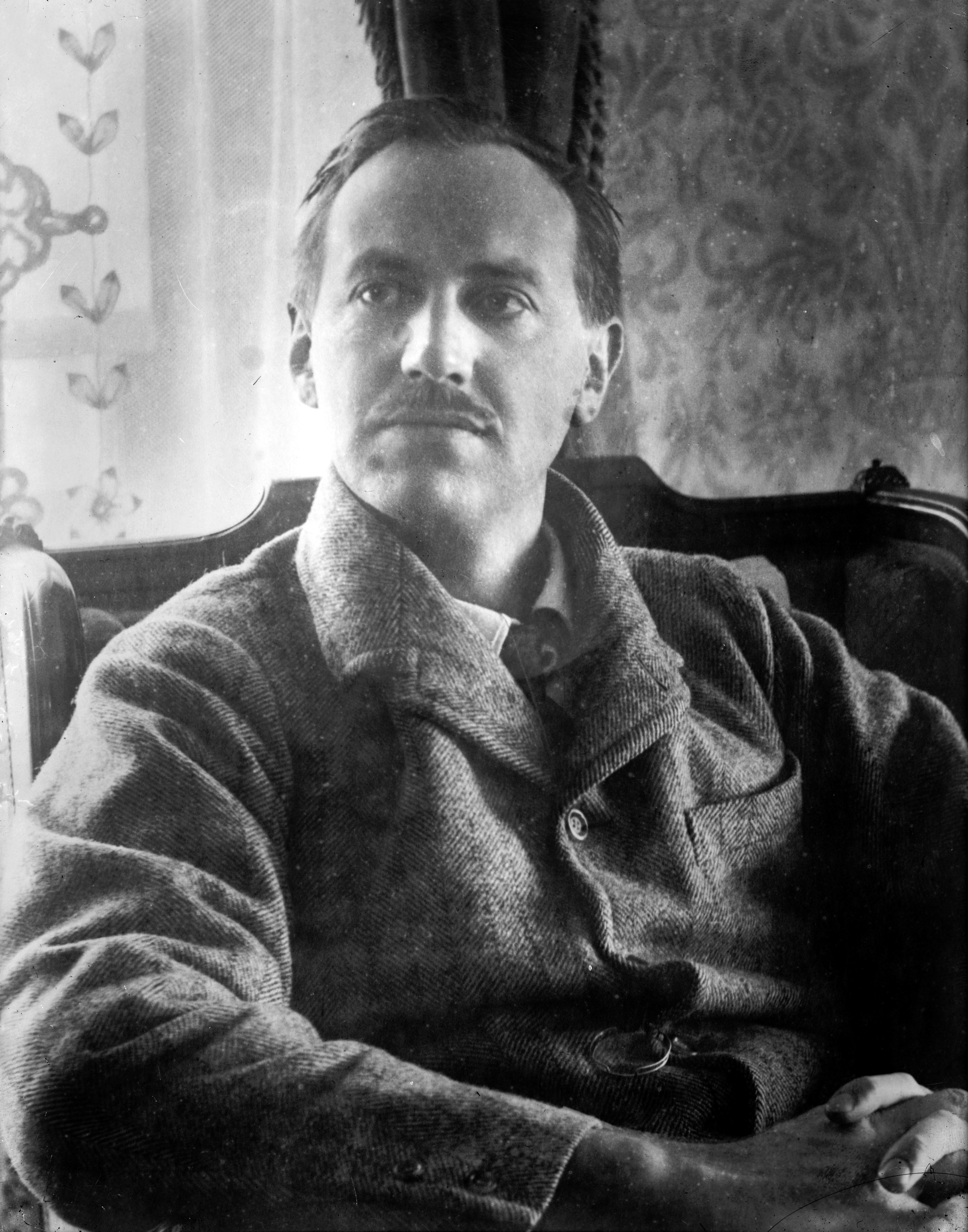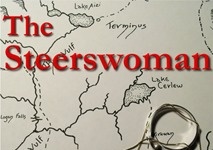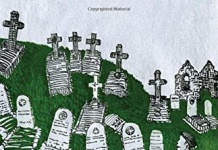 Today marks—belatedly a day late—the birthday of Edward John Moreton Drax Plunkett, 18th Baron of Dunsany (1878–1957), better known as Lord Dunsany, the weird fiction, fantasy, and science fiction writer whose own Irish roots and aristocractic pedigree are as fanciful as—well, almost —anything in his tales.
Today marks—belatedly a day late—the birthday of Edward John Moreton Drax Plunkett, 18th Baron of Dunsany (1878–1957), better known as Lord Dunsany, the weird fiction, fantasy, and science fiction writer whose own Irish roots and aristocractic pedigree are as fanciful as—well, almost —anything in his tales.
Thanks to his long, and exceptionally rich and varied, life, many of his key works are out of copyright and freely available on Project Gutenberg and elsewhere.
In physique and in life, Dunsany was practically the direct opposite of his contemporary, H.P. Lovecraft, who praised him in his essay “Supernatural Horror in Literature,” as: “unexcelled in the sorcery of crystalline singing prose, and supreme in the creation of a gorgeous and languorous world of iridescently exotic vision.”
Tall and very active, Dunsany was a career soldier and wounded war veteran. But the strong contrast between his nature and his writing is reflected by other contrasts in his life. A keen huntsman and big-game shooter, Dunsany was also an animal welfare activist and eventually, president of his local branch of the Royal Society for the Prevention of Cruelty to Animals.
Inheritor of the second-0ldest title in the Irish peerage and a keen supporter of the Irish Literary Revival, he was also a patriotic Briton who served in the trenches and wrote for the British War Office during the First World War.
Late in life he even became a character in fiction himself, as the original for Professor Pinkrose in Olivia Manning‘s “Fortunes of War,” after his brief wartime tenure as Byron Professor of English in Athens University.
Dunsany’s most important fantasy and weird fiction writings in his voluminous output are most closely associated with the fin-de-siecle period before 1914, with a tinge of decadent fantasy that helped endear them to Lovecraft.
 “Beauty rather than terror is the keynote of Dunsany’s work. He loves the vivid green of jade and of copper domes, and the delicate flush of sunset on the ivory minarets of impossible dream-cities. Humour and irony, too, are often present to impart a gentle cynicism and modify what might otherwise possess a naïve intensity,” Lovecraft wrote. “Nevertheless, as is inevitable in a master of triumphant unreality, there are occasional touches of cosmic fright … Many of Dunsany’s short plays are replete with spectral fear.”
“Beauty rather than terror is the keynote of Dunsany’s work. He loves the vivid green of jade and of copper domes, and the delicate flush of sunset on the ivory minarets of impossible dream-cities. Humour and irony, too, are often present to impart a gentle cynicism and modify what might otherwise possess a naïve intensity,” Lovecraft wrote. “Nevertheless, as is inevitable in a master of triumphant unreality, there are occasional touches of cosmic fright … Many of Dunsany’s short plays are replete with spectral fear.”
His key collections, “The Book of Wonder,” “A Dreamer’s Tales,” “The Gods of Pegana,” “Tales of Wonder,” and “Time and the Gods,” are all available for free on Project Gutenberg. They may not have worn as well as Lovecraft’s prose, but for anyone wanting an easy dip into a strange and fascinating world created by a man with an even stranger and more fascinating life, they are recommended.


































I found an old paper copy of The Book of Wonder somewhere. The stories were intriguing, but I also found them kind of disturbing, as they tended to end unhappily or with no resolution at all.
Disturbing is good to great – you can say just the same about Robert Aickman, and he’s a modern master.